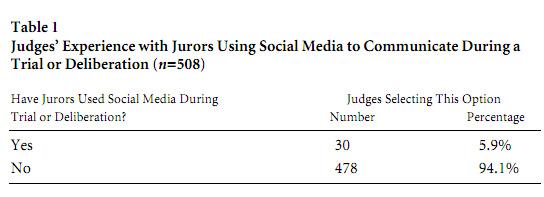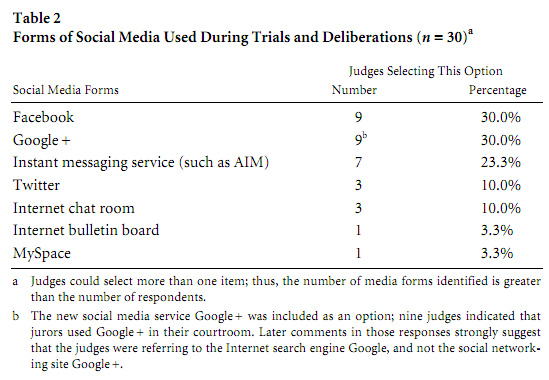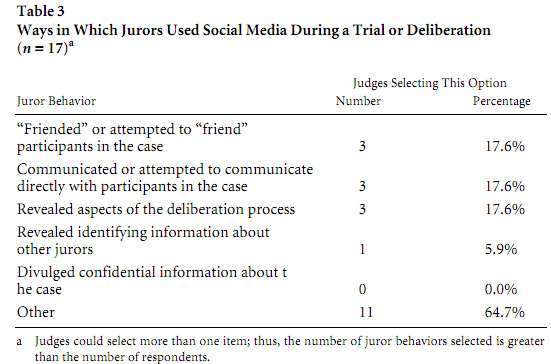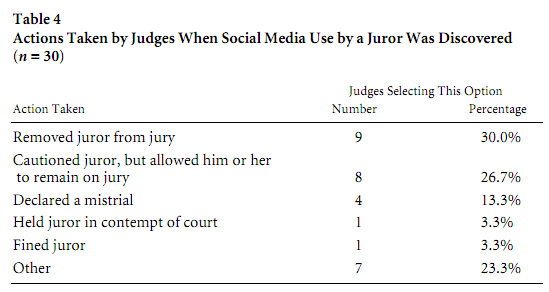Thirty-three-year-old Jodi Arias was convicted of first-degree murder on May 8, 2013 in a case that gripped the nation; however, the initial jury was unable to decide on a penalty. Some jurors favored sentencing Arias to life in prison while other jurors preferred the death penalty. According to a Maricopa County Superior Court spokesperson, the retrial for the penalty phase is slated to begin on March 17, 2014. Several twists and turns have led to the penalty phase retrial being delayed (such as Arias wanting to replace her attorney as well as the request to move the case out of the Phoenix area due to the high level of publicity) though the trial is now set to move forward.
During a July interview with CBS News’ Crimesider former juror Diane Schwartz explained the reason behind her support for the death penalty. “In deliberations, when we went through the autopsy pictures and I actually held them in my hands, that’s when I really felt it was a death penalty case. It was too horrendous.” Schwartz said before explaining the opposing opinion considered by other jurors. “Some individuals [on the jury] looked at some of the mitigating factors. For example, that Jodi had been abused – they felt that she had been abused by Travis and as a child. They didn’t feel she had the best family life. They felt that mitigating factor outweighed the aggravating factors. That was the biggest concern.”
Jodi Arias was found guilty of the 2008 murder of Travis Alexander, who had been shot and stabbed inside his Mesa, Arizona, home. Arias testified that she killed Alexander in self-defense. The brutality of the crime scene may have contributed to the ultimate decision of the jurors when reaching a guilty verdict. The horrific details of the crime scene detail 27 stab marks throughout Alexander’s body as well as a shot to the head and a stab mark across his throat.
Diane Schwartz offered her insight regarding the decision process of the jurors for the penalty phase retrial. “Individual choice is what it comes down to and the makeup of the jury. It will be very hard. They won’t have all of the emotional ties that we had. They won’t have the four-and-a-half months of testimony. They will be given a capsulated version.”
Image Via NDN



